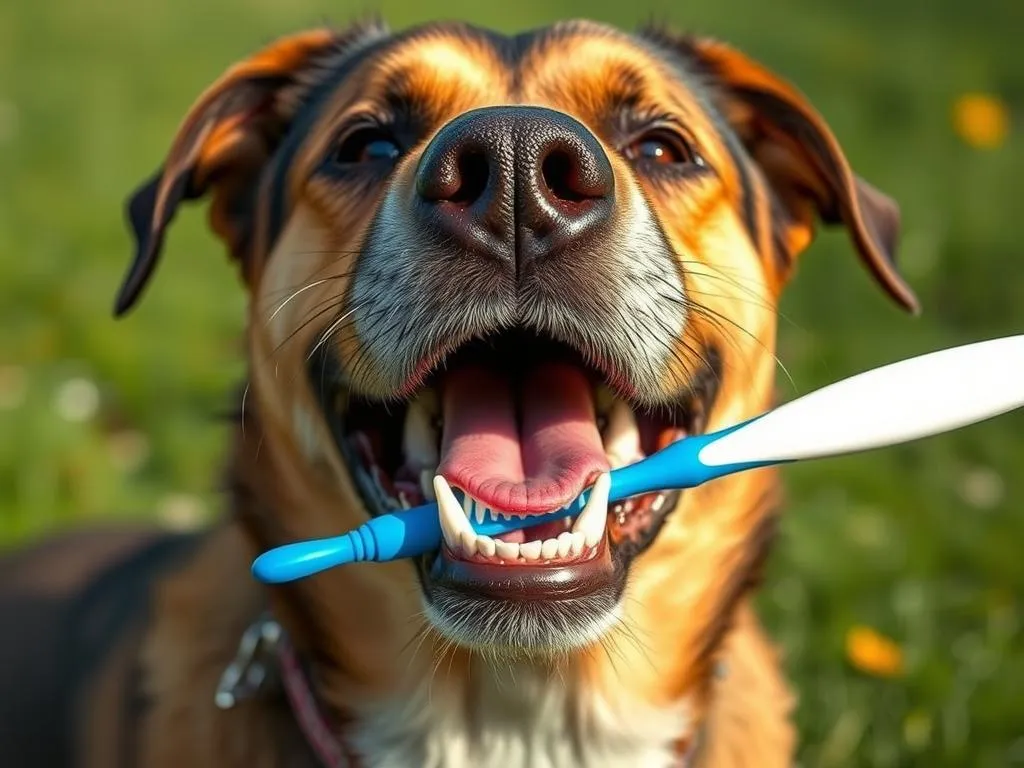
Introduction
Taking care of your dog’s health is vital for their overall quality of life. Just like humans, dogs require consistent health maintenance, including regular check-ups, a balanced diet, and good dental hygiene. I’ve never brushed my dog’s teeth may seem harmless, but it can lead to severe health issues down the line. Preventive care is essential in ensuring your furry friend lives a long, healthy, and happy life.
Understanding Dog Health
What is Dog Health?
Dog health encompasses a wide range of factors that contribute to a dog’s physical, mental, and emotional well-being. It includes regular exercise, a balanced diet, mental stimulation, and proper grooming. Each component plays a crucial role in maintaining your dog’s overall health and happiness.
Common Health Issues in Dogs
Several health issues are prevalent among dogs, including:
- Obesity: Often caused by overfeeding and lack of exercise, obesity can lead to various health problems such as diabetes and heart disease.
- Dental Disease: Poor dental hygiene can result in gum disease, tooth loss, and associated health complications.
- Parasites: Fleas, ticks, and worms can cause discomfort and health issues if not treated promptly.
Being aware of these common health issues and their signs—such as lethargy, changes in appetite, or unusual behavior—can help you take proactive steps to keep your dog healthy.
Importance of Dental Care
Why Dental Health Matters
Dental health is a critical component of your dog’s overall health. Poor oral hygiene can lead to conditions like periodontal disease, which affects not only the mouth but can also have systemic effects on the heart and kidneys. Statistics show that nearly 80% of dogs will exhibit signs of dental disease by the age of three. This alarming figure underscores the importance of regular dental care.
Consequences of Poor Dental Hygiene
Neglecting dental hygiene can result in serious health issues, including:
- Heart Disease: Bacteria from the mouth can enter the bloodstream and affect the heart.
- Kidney Issues: Similar to heart disease, bacteria can impact kidney function and overall health.
- Behavioral Changes: Dogs in pain from dental issues may become irritable or withdrawn, affecting their quality of life.
Dental Care Basics
When to Start Dental Care
It’s never too early to start thinking about your dog’s dental hygiene. Ideally, you should begin dental care when your dog is a puppy, around six months of age. Early intervention can help establish a routine and make it easier to maintain dental health as your dog matures.
Products for Dental Care
Several products can aid in maintaining your dog’s dental hygiene:
- Toothpaste: Always use toothpaste formulated specifically for dogs; human toothpaste can be harmful.
- Toothbrushes: Look for brushes designed for dogs, which often have softer bristles and a shape that suits their mouths.
- Dental Chews: These can help reduce plaque and tartar while satisfying your dog’s chewing instincts.
How to Brush Your Dog’s Teeth
Preparing for the Process
Before you start brushing, make sure your dog is comfortable with the idea. Here are some tips:
- Choose a Quiet Space: Find a calm environment where your dog feels secure.
- Use Positive Reinforcement: Reward your dog with treats and praise during and after brushing to create a positive association.
- Select the Right Products: Opt for dog-specific toothpaste and a toothbrush that fits comfortably in your hand.
Step-by-Step Guide to Brushing
- Introduce the Toothbrush: Let your dog sniff and lick the toothbrush and toothpaste before attempting to brush.
- Start Slowly: Begin by brushing just a few teeth at a time, focusing on the outer surfaces.
- Use Gentle Strokes: Brush in circular motions and be gentle to avoid hurting your dog’s gums.
- Gradually Increase Time: As your dog becomes accustomed to the process, gradually increase the time spent brushing.
- Frequency Recommendations: Ideally, you should brush your dog’s teeth daily, but even a few times a week can make a significant difference.
Alternatives to Brushing
If your dog is resistant to having their teeth brushed, there are alternatives to maintain dental health:
- Dental Treats: These are specifically designed to reduce plaque and tartar buildup.
- Water Additives: These can be added to your dog’s water to help control bacteria and freshen breath.
- Chew Toys: Durable chew toys can assist in cleaning teeth while satisfying your dog’s natural chewing instincts.
Regular Veterinary Check-ups
Importance of Routine Vet Visits
Regular veterinary visits are essential for your dog’s health. During these check-ups, your vet will assess your dog’s dental health and may recommend professional cleanings, which can remove plaque and tartar buildup that brushing alone cannot address.
Identifying Underlying Health Issues
Veterinary visits can help identify underlying health issues early. Routine examinations can catch problems like dental disease, obesity, and other conditions before they become severe. Regular vaccinations and preventive care are also crucial in keeping your dog healthy.
Nutritional Considerations
Diet’s Role in Dog Health
What your dog eats plays a significant role in their overall health, including dental hygiene. High-quality dog food that meets your dog’s nutritional needs can help prevent obesity and contribute to stronger teeth and gums.
Special Considerations for Dental Health
Certain foods and treats promote good dental hygiene. Look for:
- Dental-formulated Dog Food: Some dog foods are designed to reduce plaque and tartar.
- Raw Vegetables: Carrots and apples can help clean teeth naturally.
- Omega-3 Fatty Acids: These can help reduce inflammation, benefiting both the mouth and overall health.
Other Aspects of Dog Health Care
Exercise and Mental Stimulation
Physical activity is crucial for maintaining a healthy weight and overall well-being. Regular exercise keeps your dog fit and helps prevent obesity-related health issues. Engaging your dog in mentally stimulating activities, such as puzzle toys or training exercises, is equally important to keep their minds sharp and reduce boredom.
Grooming and Hygiene
Regular grooming is essential for your dog’s health. This includes:
- Bathing: Regular baths help keep your dog clean and can prevent skin issues.
- Brushing Fur: This helps reduce shedding and prevents matting, which can lead to skin problems.
- Nail Trimming: Keeping nails trimmed prevents discomfort and potential injury.
Conclusion
Maintaining your dog’s health is a multifaceted responsibility that requires attention to dental hygiene, nutrition, exercise, and regular veterinary care. I’ve never brushed my dog’s teeth is not a phrase you want to continue to say. Taking proactive steps now can lead to a healthier and happier life for your furry friend.
Investing time in your dog’s health care, including dental hygiene, will pay off in the long run, ensuring they remain a beloved part of your family for years to come.









